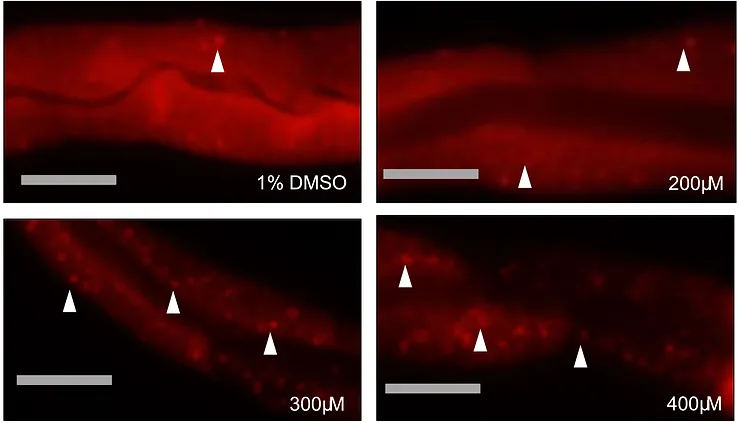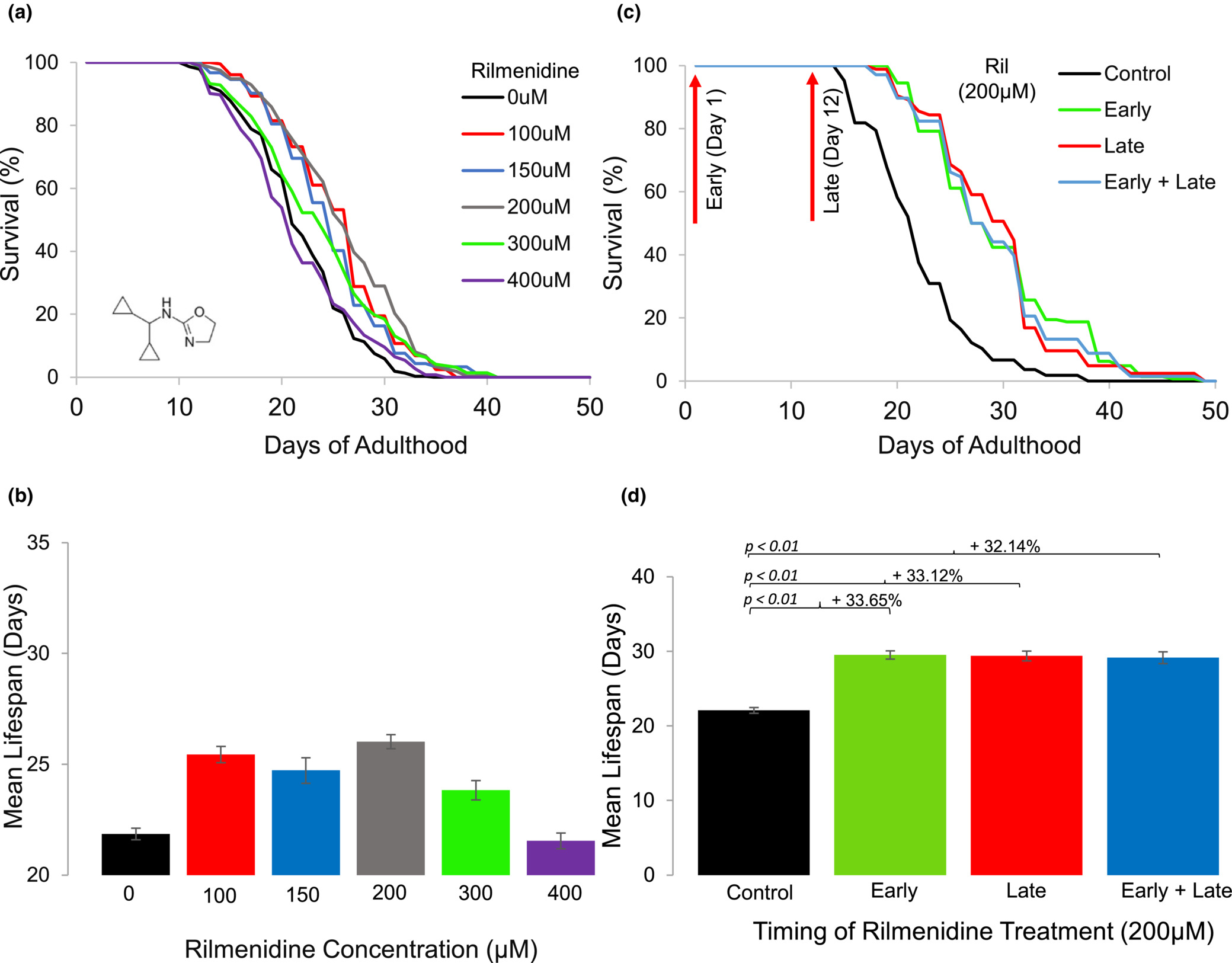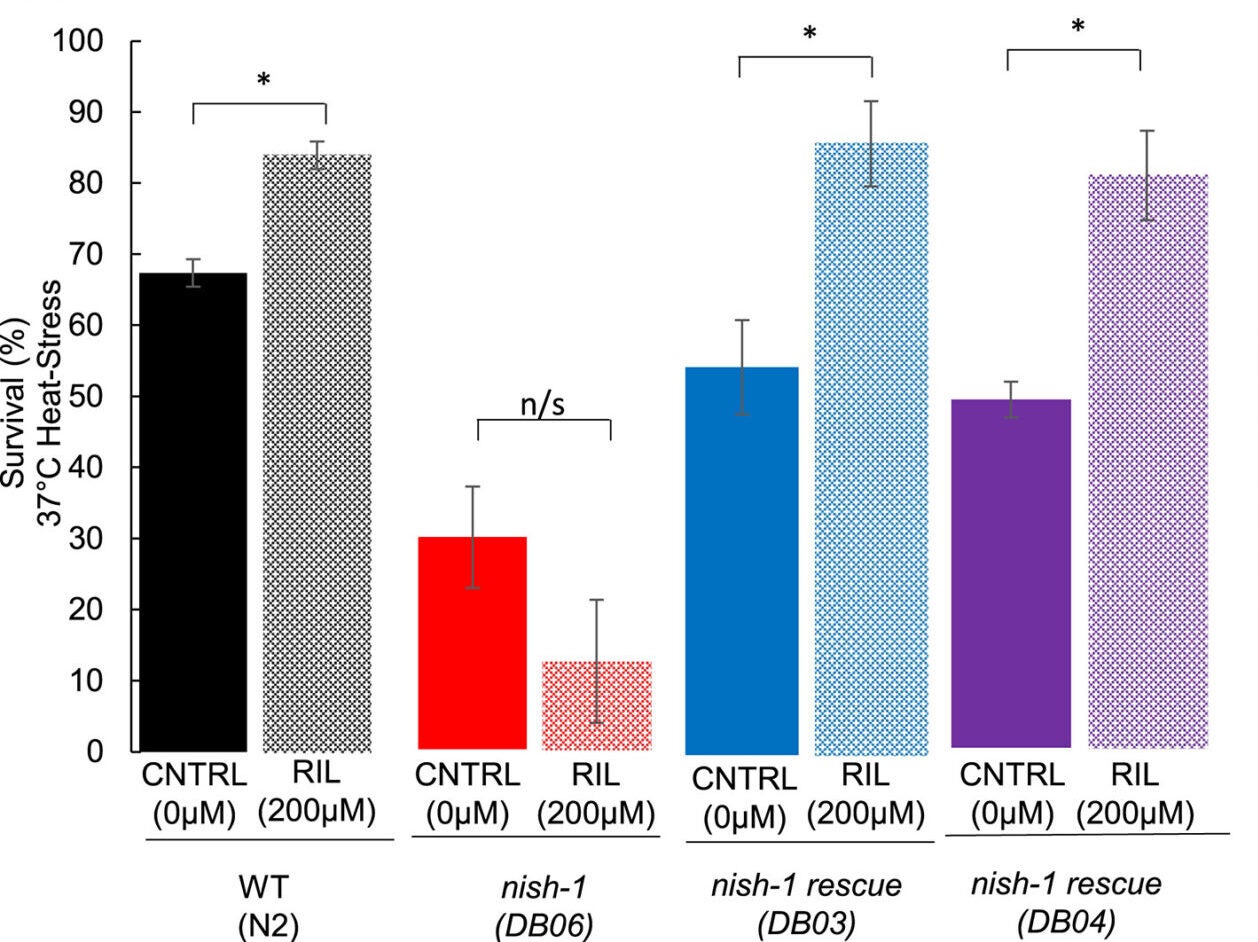Scientists have identified a widely prescribed hypertension drug as a potential key to extending lifespan and slowing aging. Rilmenidine, commonly used to lower blood pressure, was found to enhance longevity and improve health markers in animal studies. The discovery adds to growing research on pharmaceuticals that could delay aging without requiring extreme lifestyle changes.
Published in Aging Cell, the study revealed that rilmenidine mimics the effects of caloric restriction, a well-known anti-aging strategy.
Research across species has shown that reducing calorie intake can extend lifespan, but the approach often proves difficult for humans. A drug that replicates these benefits without dietary restrictions could offer a more practical solution.
Unlike other longevity-focused drugs, rilmenidine has already been approved for human use, making it a promising candidate for future clinical applications. It has fewer and milder side effects than many previously studied compounds, increasing its potential for widespread adoption.

“Because rilmenidine is already widely prescribed for blood pressure management, its safety profile is well understood,” noted the researchers.
Leading the study was Professor João Pedro Magalhães, who conducted the research while at the University of Liverpool and now works at the University of Birmingham. His team collaborated with experts from ETH Zürich and Harvard Medical School, combining efforts to explore rilmenidine’s broader health effects.
The study received support from several major scientific organizations, including the Swiss National Science Foundation, LongeCity, and the Biotechnology and Biological Sciences Research Council. Funding from these institutions highlights the growing interest in pharmacological approaches to aging.
For decades, caloric restriction has been the most reliable intervention to extend lifespan in laboratory settings. However, its effects in humans have been inconsistent, and long-term adherence is challenging. Researchers see drugs like rilmenidine as a practical alternative, offering similar biological benefits without the difficulties of sustained calorie reduction.
Related Stories:
The researchers found that the healthspan and lifespan benefits of rilmenidine treatment in the roundworm C. elegans were mediated by the I1-imidazoline receptor nish-1.
They identified this receptor as a potential longevity target. This suggests that rilmenidine could provide a promising approach to slow down the aging process in humans by targeting the nish-1 receptor.
Professor Magalhães commented, “With a global aging population, the benefits of delaying aging, even if slightly, are immense. Repurposing drugs capable of extending lifespan and healthspan has a huge untapped potential in translational geroscience. For the first time, we have been able to show in animals that rilmenidine can increase lifespan. We are now keen to explore if rilmenidine may have other clinical applications.”
The study’s findings have important implications for the development of new anti-aging therapies. The ability to use a commonly prescribed medication to slow down the aging process could revolutionize the field of aging research. Rilmenidine’s safety and effectiveness could also make it a viable alternative to caloric restriction, which is often difficult to follow and has unwanted side effects.

The researchers hope to further investigate the potential benefits of rilmenidine for human aging. In the meantime, they recommend that further research is conducted to explore the full range of health benefits that the drug could offer.
The researchers’ findings could have a significant impact on the field of aging research, which is rapidly expanding as the global population ages.
With the number of people over the age of 65 expected to triple by 2050, there is a growing need to develop effective anti-aging therapies that can improve health and extend lifespan.
Rilmenidine’s potential as an anti-aging drug could revolutionize the field of aging research and provide a new avenue for improving human health and extending lifespan.

The researchers’ findings have important implications for the future of anti-aging research and could lead to the development of new, more effective anti-aging therapies in the future.
Hypertension drugs, primarily prescribed to lower high blood pressure, have been found to provide additional health benefits beyond their primary purpose. These benefits often depend on the specific class of drugs and their mechanisms of action. Below are some of the notable additional benefits:
While these additional benefits are promising, it is important for patients to use hypertension drugs under medical supervision to avoid side effects or interactions with other medications. Each patient’s overall health condition determines which antihypertensive drug will provide the most comprehensive benefits.
Note: Materials provided above by the The Brighter Side of News. Content may be edited for style and length.
Like these kind of feel good stories? Get the Brighter Side of News’ newsletter.
The post Life changing hypertension medication also extends life expectancy appeared first on The Brighter Side of News.